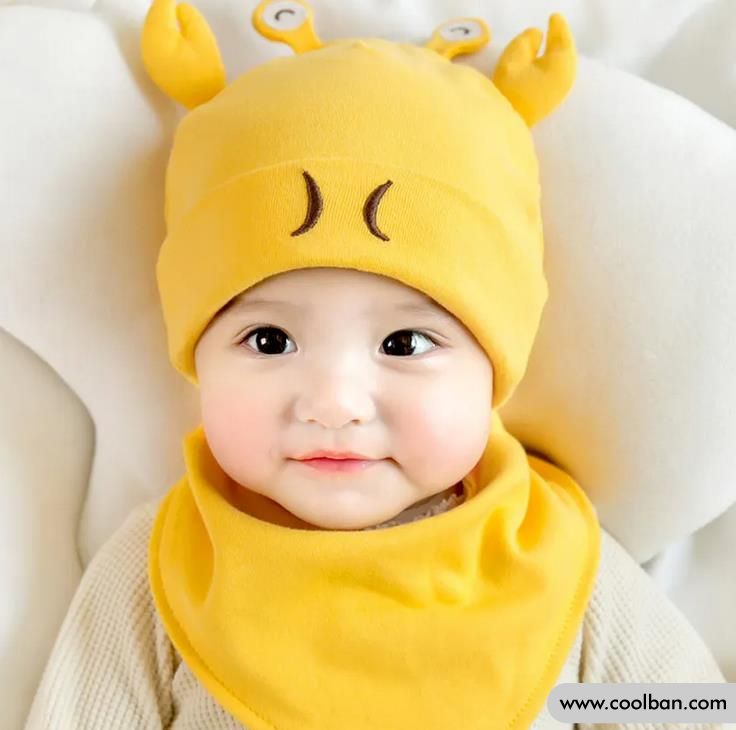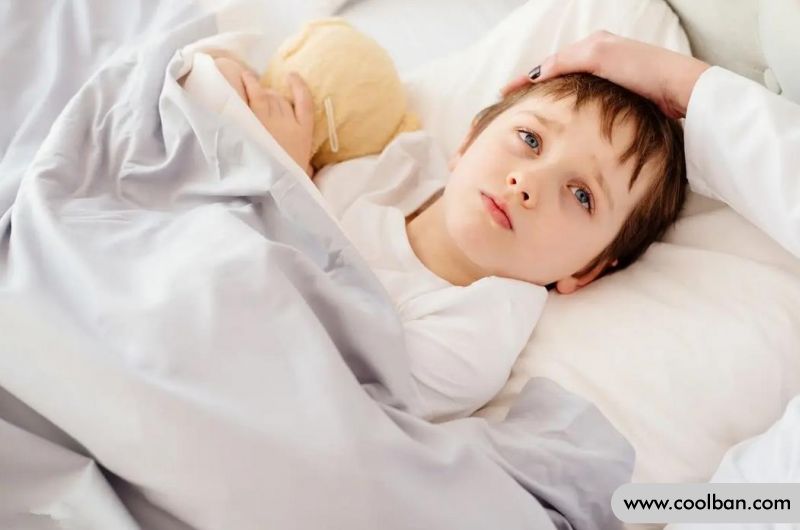What should I be aware of when my baby is teething?
2022-03-16
The health of deciduous teeth is very important for children. When your child is teething, will you miss such a good opportunity to protect the deciduous teeth? How to protect baby teeth? I believe that this problem has been plaguing many people. Starting from the daily diet, eating less sweets, and doing good hygiene and cleaning are all effective ways to ensure the health of deciduous teeth.
As babies get older, their body parts are slowly developing and their teeth are slowly erupting. In general, a child will have its first tooth around 7 months old, and by the age of two and a half, all the baby teeth will be in place. Of course, baby teeth are not permanent and will be replaced later by permanent teeth. So, do baby teeth need protection?
Some children also experience discomfort from teething, such as loss of appetite, low-grade fever, and even diarrhea. These symptoms last for a short period of time and parents need not worry or take their children to the doctor.
At this point, you can have a clean toothpick or a cool damp towel ready for your child to bite on. There are also toothache relief gels and ointments on the market that parents can use for their babies on the advice of a doctor.
2. Transition from deciduous to permanent teeth
Although all baby teeth will fall out and be replaced by permanent teeth in the future, parents should protect their child's baby teeth because they have a significant impact on a baby's chewing ability and pronunciation.
During the eruption of the permanent teeth, the baby teeth loosen before they fall out completely, and some of the baby teeth bleed. Bleeding can be stopped by pressing the gums with gauze. After the deciduous teeth are completely lost, white cusps may appear, which are permanent teeth that have just erupted.
In some cases, the baby's permanent teeth are erupting, but the baby teeth remain firmly in place. If this happens, it is necessary to find a dentist and extract the deciduous teeth in time, so as not to affect the eruption of the permanent teeth.
4. What to do if your baby's baby tooth decays
Tooth decay doesn't just happen to adults, kids these days are also prone to tooth decay by eating too much candy. Although in the early stages of a cavity, the tooth is not decayed or painful, if left untreated, the cavity can expand and cause toothache.
It is also important to note that the growth of baby teeth also affects the growth of permanent teeth. Some scientific studies have shown that children with decayed deciduous teeth are more likely to suffer from tooth decay in the future, so when a child has a tooth decay problem, it must be treated in time to avoid affecting future tooth development.
After listening to the above methods of protecting deciduous teeth, everyone must have gained more. Caring for your baby's deciduous teeth should start with every little habit in life, so as to better protect your baby's physical and mental health.
As babies get older, their body parts are slowly developing and their teeth are slowly erupting. In general, a child will have its first tooth around 7 months old, and by the age of two and a half, all the baby teeth will be in place. Of course, baby teeth are not permanent and will be replaced later by permanent teeth. So, do baby teeth need protection?
How can I protect my baby's milk teeth?

Some children also experience discomfort from teething, such as loss of appetite, low-grade fever, and even diarrhea. These symptoms last for a short period of time and parents need not worry or take their children to the doctor.
At this point, you can have a clean toothpick or a cool damp towel ready for your child to bite on. There are also toothache relief gels and ointments on the market that parents can use for their babies on the advice of a doctor.
2. Transition from deciduous to permanent teeth
Although all baby teeth will fall out and be replaced by permanent teeth in the future, parents should protect their child's baby teeth because they have a significant impact on a baby's chewing ability and pronunciation.
Of course, after the permanent teeth replace the baby teeth, the care of the permanent teeth will be more important. This is because it is a person's last set of teeth. At age 7, some baby teeth will fall out and be replaced by permanent teeth.

During the eruption of the permanent teeth, the baby teeth loosen before they fall out completely, and some of the baby teeth bleed. Bleeding can be stopped by pressing the gums with gauze. After the deciduous teeth are completely lost, white cusps may appear, which are permanent teeth that have just erupted.
In some cases, the baby's permanent teeth are erupting, but the baby teeth remain firmly in place. If this happens, it is necessary to find a dentist and extract the deciduous teeth in time, so as not to affect the eruption of the permanent teeth.
4. What to do if your baby's baby tooth decays
Tooth decay doesn't just happen to adults, kids these days are also prone to tooth decay by eating too much candy. Although in the early stages of a cavity, the tooth is not decayed or painful, if left untreated, the cavity can expand and cause toothache.
It is also important to note that the growth of baby teeth also affects the growth of permanent teeth. Some scientific studies have shown that children with decayed deciduous teeth are more likely to suffer from tooth decay in the future, so when a child has a tooth decay problem, it must be treated in time to avoid affecting future tooth development.
After listening to the above methods of protecting deciduous teeth, everyone must have gained more. Caring for your baby's deciduous teeth should start with every little habit in life, so as to better protect your baby's physical and mental health.
